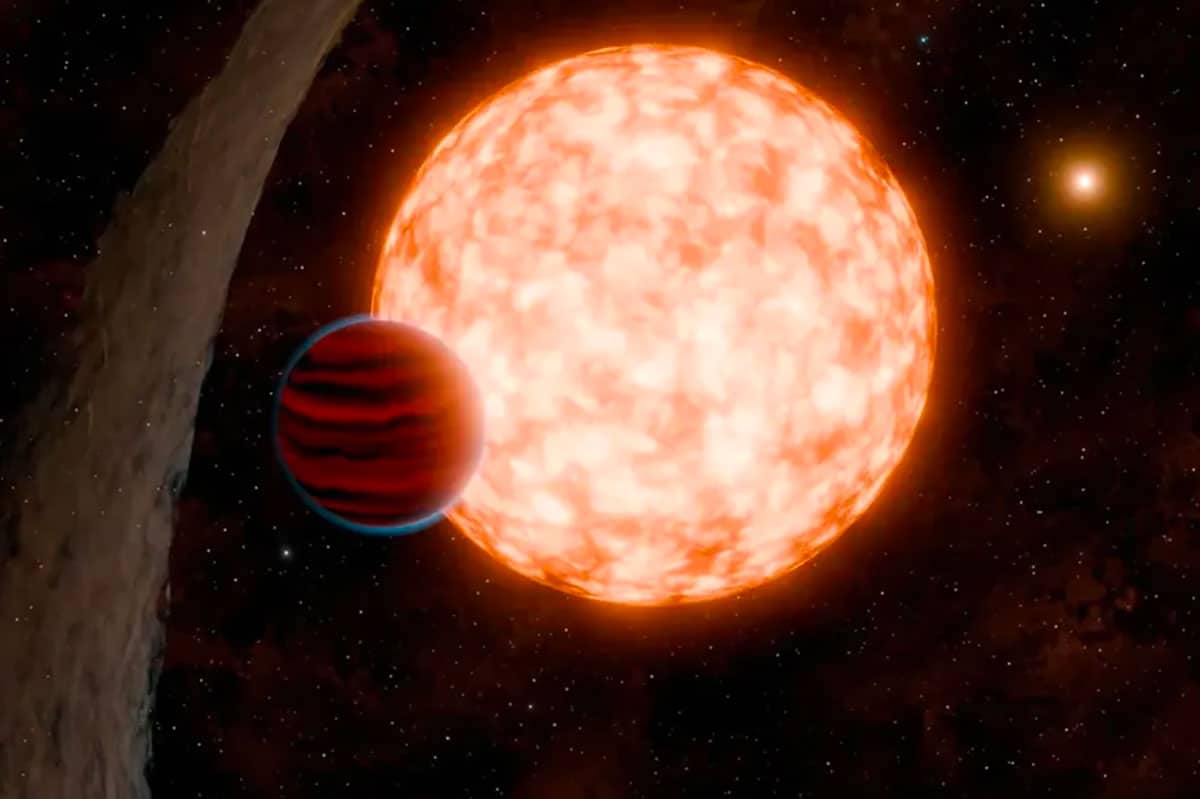SpaceX CEO Elon Musk says the Internet-providing satellite constellation Starlink has “achieved breakeven cash flow,” meaning it is now bringing in as much money as it spends.
Musk went on to say that Starlink now has the majority of active satellites in orbit and he expects the constellation to have most of the total satellites in orbit very soon.
This led some commentators to speculate that Musk could spin Starlink off with an Initial Public Offering very soon. He had previously hinted that Starlink could become a publicly traded company once cash flow became “predictable.”
SpaceX President Gwynn Shotwell had hinted that Starlink had a profitable quarter earlier this year. She also previously speculated that pinning down a respectable share of the global satellite Internet market could help SpaceX pay for its ultimate goal of launching crewed journeys to Mars.
SpaceX has been building out the Starlink constellation for four years and now has nearly 5,000 active satellites in orbit. It began launching the satellites as often as once every two weeks on the Falcon 9 rocket in 2019. It has also floated the possibility of launching the “Version 2” satellites on the Starship/Super Heavy stack once the heavy-duty rocket becomes operational.
Starlink currently has two million subscribers, many of them in regions that normally do not have reliable access to “landline” based Internet service. The service has been cited as a way to provide better access to services like telehealth and online education in rural areas where Internet access can be unreliable. It has also made deals with countries like Brazil and Chile to provide Internet access to remote communities.
Since launching the first operational Starlink satellites, SpaceX has rolled out plans for providing Internet service for large vehicles and maritime operations. It also got its first contract for the national defense-focused Starlink derivative, “Starshield,” from the Pentagon. It had previously beefed up cybersecurity for Starlink to fend off jamming attempts by Russia as part of the Russia-Ukraine war — something that Elon Musk said wasn’t cheap.
(To be fair, good cybersecurity can be expensive. Cybersecurity experts can earn well over $100,000 and sometimes as much as $200,000 annually.)
Starlink subscriptions aren’t cheap either. The baseline subscription fee is $199 per month and a $599 onetime fee for the “Starlink kit,” which includes a dish antenna that can connect to the Starlink satellite and a wireless router.
If your Starlink dish has trouble connecting in the winter, check it for small animals that might be using it to warm up. It has an internal heater to help prevent cold-weather stress on the electronics. If your outdoor pet has discovered this, consider bringing it inside during the winter to prevent this catastrophe.
Even with potential feline-related complications and the expensive subscription plan, enough people still consider Starlink “better than nothing” for Starlink to reach the break-even point.







Leave a Comment